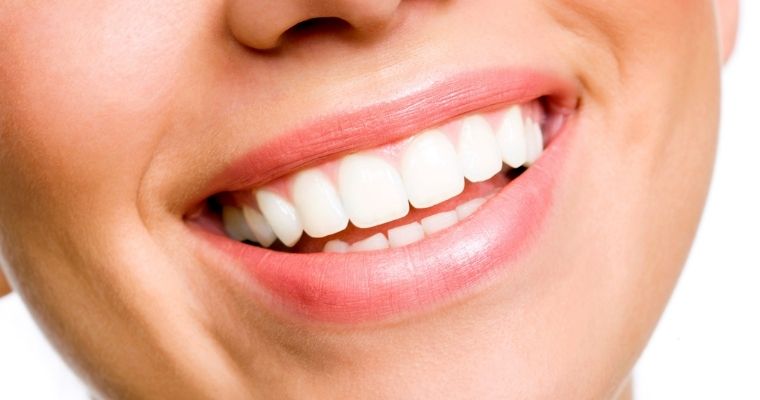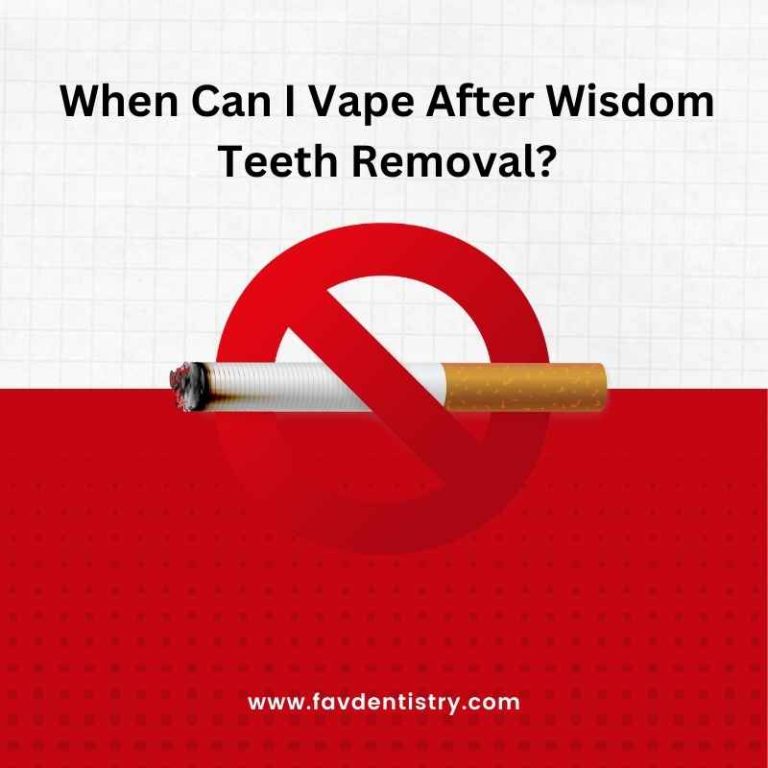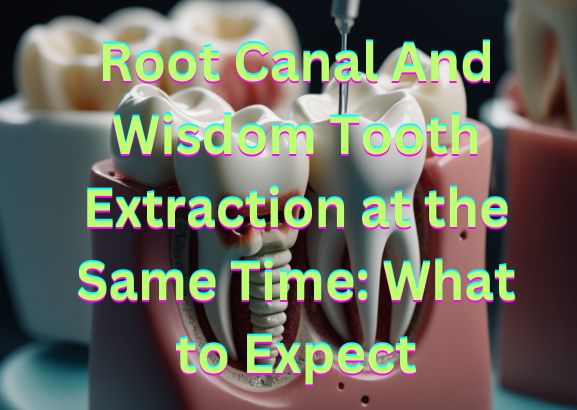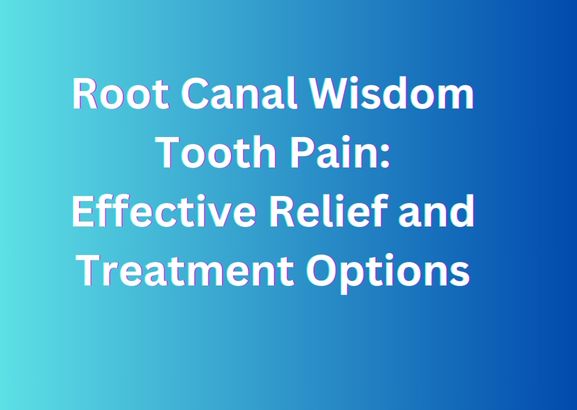Can I Brush My Teeth After Wisdom Tooth Removal?
Last Updated on 6 months by DR. ALBIN SIPES
It’s generally advised not to brush your teeth for 24 hours after wisdom tooth removal. This gives your gums time to heal and prevents you from irritating them. After 24 hours, you can start brushing your teeth again, but be sure to be gentle.
Avoid the extraction site when brushing and use a soft-bristled toothbrush. You may also want to consider using an alcohol-free mouthwash to help keep the area clean.
- Rinse your mouth with warm water
- Use a soft-bristled toothbrush to gently brush your teeth, being careful not to irritate your gums
- Spit out the toothpaste after brushing
- Rinse your mouth with warm water again
- Repeat steps 2-4 twice a day, or as directed by your dentist or oral surgeon

Credit: www.implantandperiodonticspecialists.com
How Do I Brush My Teeth After Wisdom Teeth Removal?
It is important to brush your teeth after wisdom teeth removal to prevent infection and promote healing. The best way to brush your teeth is with a soft-bristled toothbrush and gentle circular motions. Be sure to avoid hard scrubbing, as this can irritate the gums and delay healing.
You should also avoid using mouthwash for at least 24 hours after surgery, as this can also irritate the gums. If you are having trouble brushing your teeth, you can try using a water flosser or an oral irrigator. These devices can help remove plaque and food debris from your teeth without irritating the gums.
Can I Use Toothpaste to Brush My Teeth After Wisdom Tooth Removal?
If you’ve just had your wisdom teeth removed, you may be wondering what the best way to brush your teeth is. Can you use toothpaste? Is it better to just rinse with water?
Experts say that Toothpaste can be used after wisdom tooth removal, but it’s important to be careful. Choose a toothpaste that is gentle and non-abrasive, and avoid using whitening toothpaste or those with baking soda as they can irritate your gums.
It’s also important to wait until the numbness from the surgery has worn off before using toothpaste, as you could accidentally injure yourself if you’re not able to feel the pain properly. When in doubt, ask your dentist for advice on what type of toothpaste is best for you. Rinsing with water is also an option after wisdom teeth removal.
This can help to remove any food particles or bacteria that might be lingering in your mouth. Be sure to use lukewarm water rather than hot, as this can help to soothe any soreness or inflammation in your gums. Rinse for 30 seconds after brushing, and then spit the water out rather than swallowing it.
Can I Use Toothpaste After Extraction?
Most people don’t know that they can use toothpaste after an extraction. In fact, using toothpaste is one of the best ways to speed up the healing process and reduce swelling. Here’s what you need to know about using toothpaste after an extraction.
Toothpaste contains a variety of ingredients that can help with the healing process. For example, many kinds of toothpaste contain fluoride, which helps to strengthen teeth and reduce inflammation. Additionally, some toothpaste also contains menthol, which can help to soothe the pain associated with an extraction.
When selecting a toothpaste for use after an extraction, it’s important to choose one that contains fluoride and menthol. You should also avoid any kinds of toothpaste that are abrasive or have strong fragrances, as these may irritate the area around the extraction site. Once you’ve selected an appropriate toothpaste, simply apply it to your brush and brush gently around the extraction site.
Be sure not to scrub too hard, as this could cause further irritation.
After 3 Days of Wisdom Teeth Removal Can I Brush My Teeth
It’s been a little over three days since you had your wisdom teeth removed and you’re wondering if it’s finally time to brush your teeth. The answer is maybe. It really depends on how your mouth is feeling and what your dentist says.
If your mouth is still sore, then brushing might not be the best idea. You don’t want to irritate the healing sockets and cause more pain. But if everything feels good and your dentist gives you the okay, then go ahead and give those pearly whites a good scrubbing!
Can I Brush My Teeth After Wisdom Teeth Removal Reddit
If you’ve just had your wisdom teeth removed, you’re probably wondering if it’s okay to brush your teeth. The answer is yes, but there are a few things you need to keep in mind. First of all, be gentle.
Your gums are likely to be sore and sensitive after the procedure, so brushing too hard can cause irritation. Use a soft-bristled toothbrush and avoid vigorous scrubbing. Secondly, use fluoride toothpaste.
This will help reduce the risk of cavities and other problems in the months after your wisdom teeth have been removed. Fluoride will also help promote the healing of the gums. Finally, be sure to rinse well after brushing.
You don’t want any toothpaste residue left on your gums as this can also cause irritation. Spit out the water several times until your mouth feels clean. If you follow these simple tips, you’ll be able to keep your teeth healthy and clean despite having had your wisdom teeth removed!
Can I Brush My Teeth before Wisdom Tooth Extraction
You may have heard that it’s not a good idea to brush your teeth before wisdom tooth extraction. The thinking is that brushing will stimulate bleeding and make the extraction more difficult. This claim doesn’t have any evidence.
In fact, brushing your teeth before surgery can actually be helpful. Here’s why: 1. Brushing removes bacteria from your mouth.
This helps reduce the risk of infection after surgery.
2. Brushing is important because you won’t be able to brush for 24 hours after surgery.
3. Finally, brushing gives you a chance to check for any loose teeth or other problems in your mouth that could interfere with the surgery. So go ahead and brush your teeth before wisdom tooth extraction! Just be sure to use a soft-bristled brush and gentle strokes.
Scared to Brush Teeth After Extraction
If you’re like most people, the thought of having a tooth extracted can be a scary one. But there’s no need to worry – the procedure is usually quick and easy, and recovery is generally pretty straightforward. However, it’s important to take good care of your mouth after an extraction, which means paying special attention to brushing your teeth.
Here are some tips :
1. Choose the right toothbrush. A soft-bristled brush is best for people who have just had a tooth extracted.
Avoid using a hard-bristled brush or anything else that could irritate your gums.
2. Be gentle when brushing. It’s important to be gentle when brushing your teeth after an extraction. Use circular motions rather than back-and-forth ones, and avoid scrubbing too hard.
3 . Focus on other areas of your mouth. In addition to brushing your teeth, pay attention to other areas of your mouth such as your tongue, cheeks, and roof of your mouth. These areas can harbor bacteria that can lead to infection, so it’s important to keep them clean as well.
4. Avoid smoking. Smoking can delay healing and increase the risk of infection after an extraction, so it’s best to avoid it altogether. If you must smoke, wait at least 24 hours before doing so.
5 . See your dentist for follow-up appointments. After having a tooth extracted, it’s important to see your dentist for follow-up appointments as recommended.
Can I Brush My Teeth 2 Days After Tooth Extraction
Yes, you can brush your teeth 2 days after tooth extraction. However, it is important to be gentle when brushing and to avoid the extracted area. You can also rinse your mouth with salt water to help keep the area clean.
Conclusion
It’s generally advisable to wait at least 24 hours after wisdom tooth removal before brushing your teeth. This gives your gums time to heal and reduces the risk of infection. You can gently rinse your mouth with warm salt water after meals, but avoid using commercial mouthwashes or alcohol-based rinses.
Once the initial healing period is over, you can resume brushing and flossing as normal.



